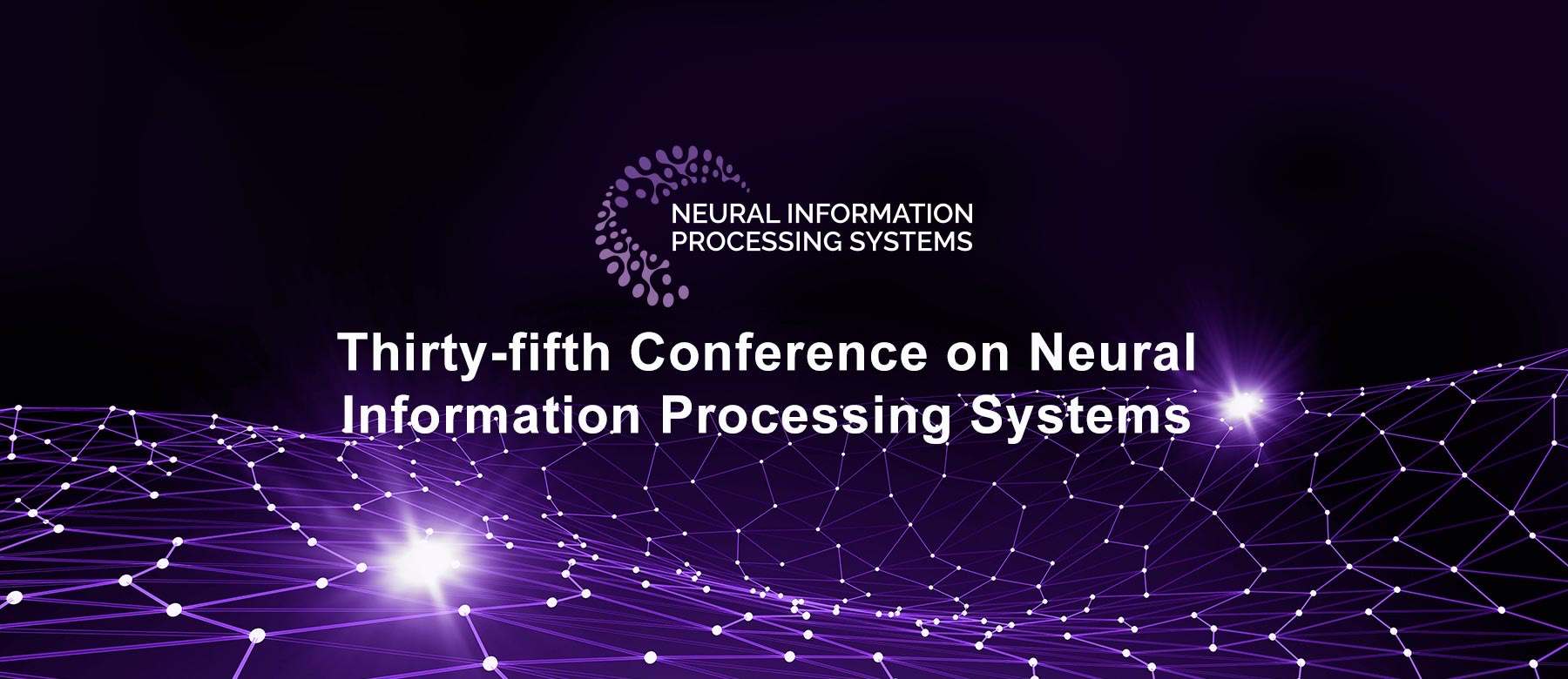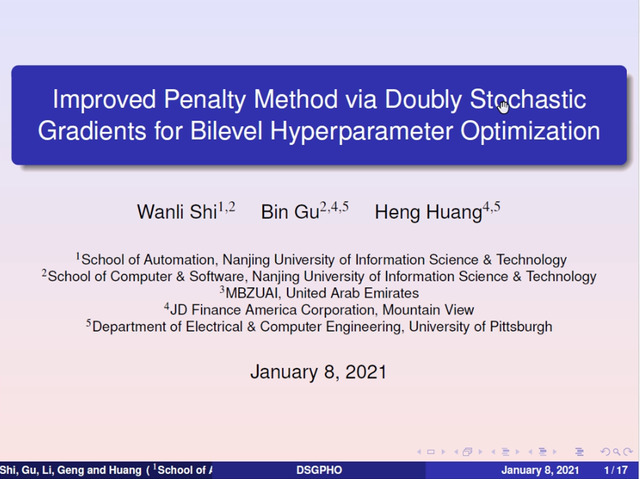Abstract:
Modern minimax problems, such as generative adversarial network and adversarial training, are often under a nonconvex-nonconcave setting, and developing an efficient method for such setting is of interest. Recently, two variants of the extragradient (EG) method are studied in that direction. First, a two-time-scale variant of the EG, named EG+, was proposed under a smooth structured nonconvex-nonconcave setting, with a slow $\mathcal{O}(1/k)$ rate on the squared gradient norm, where $k$ denotes the number of iterations. Second, another variant of EG with an anchoring technique, named extra anchored gradient (EAG), was studied under a smooth convex-concave setting, yielding a fast $\mathcal{O}(1/k^2)$ rate on the squared gradient norm. Built upon EG+ and EAG, this paper proposes a two-time-scale EG with anchoring, named fast extragradient (FEG), that has a fast $\mathcal{O}(1/k^2)$ rate on the squared gradient norm for smooth structured nonconvex-nonconcave problems; the corresponding saddle-gradient operator satisfies the negative comonotonicity condition. This paper further develops its backtracking line-search version, named FEG-A, for the case where the problem parameters are not available. The stochastic analysis of FEG is also provided.









































